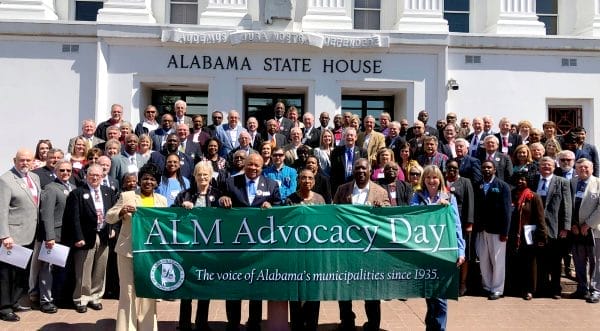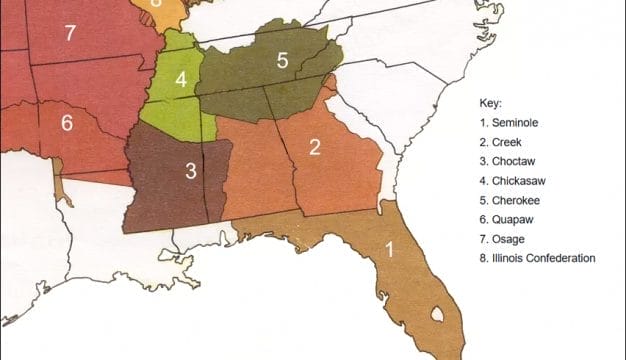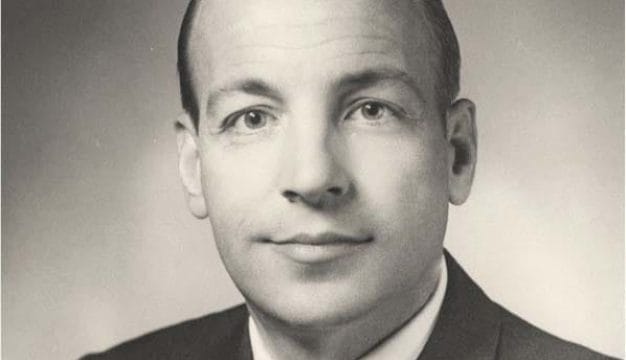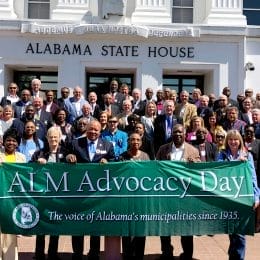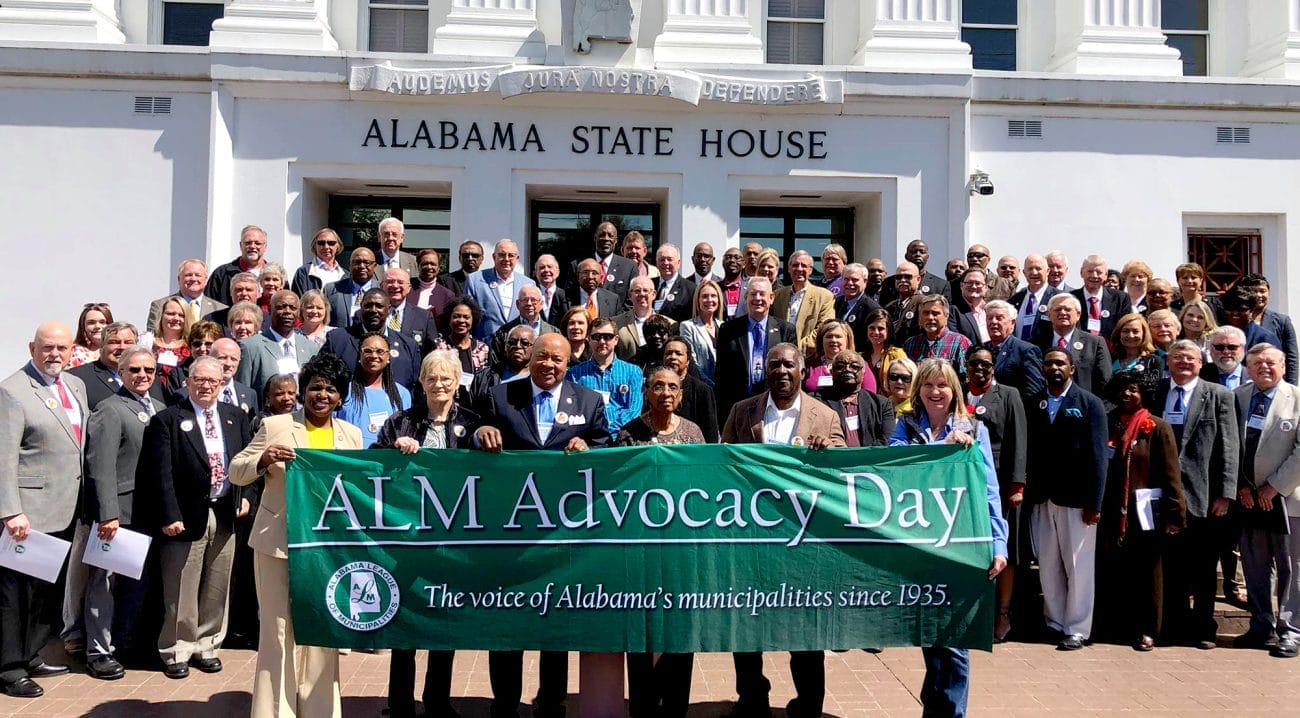Political Interest Groups in Alabama
Special interest groups play a very important role in Alabama politics by representing like-minded private citizens, businesses and organizations desiring some influence in the making of statutory law or other government policies. These groups form when individuals join together to influence the decisions of leaders in all parts of government, but especially in the legislative branch. There are hundreds of interest groups in Alabama, but these groups differ greatly in terms of their resources and capacity to impact government decision-making.
Many of the major interest groups have their origins in the late nineteenth and early twentieth centuries. They are essentially by-products of the industrialization of the economy and the evolution of professional occupations, such as physicians and lawyers. Other groups developed later in the twentieth century as a result of the civil rights movement after World War II or as responses to well-publicized issues, such as drunk driving.
Categories
Within Alabama, the most politically influential groups typically fall into one of two categories. One category consists of groups that represent people in occupations licensed or employed by state or local governments, such as teachers, doctors, and attorneys. Examples include the Alabama Education Association (AEA) and the Medical Association of the State of Alabama (MASA). The second type of group represents members linked to major economic or business interests in Alabama, such as banking, insurance, agriculture, utilities, and real estate. Groups in this category include the Alabama Power Company, Alabama Farmer’s Federation, the Alabama Retail Association, and the Alabama Realtors Association. In recent decades, the single most powerful business-oriented group in Alabama is the Business Council of Alabama (BCA).
Other interest groups exist in Alabama, but they usually have less political clout than groups in these two categories. For example, some groups consist of small numbers of citizens who band together because of an intense interest in a single issue. For example, local chapters of Mothers Against Drunk Driving (MADD) work to reduce the incidence of driving while intoxicated. Other groups exist to provide representation for one element of the government before other elements of the government, such as the Alabama League of Municipalities and the Association of County Commissioners. These two groups articulate the concerns of local officials to state officials.
Religious Interest Groups
Beginning in the 1980s, Alabama witnessed the evolution of groups attempting to use the government to promote cultural views that are popular among certain Protestant religious denominations in the state. Perhaps the best known of these groups is the Alabama Christian Coalition, which has enjoyed substantial clout in the Alabama legislature and in Republican primary elections. But the group’s influence, to date, has remained limited to a spectrum of issues generally viewed as noneconomic, such as abortion, school prayer, gambling, and consumption of alcohol.
The ability of an interest group in Alabama to influence an issue varies. In fact, the power of an interest group in Alabama will change substantially as leaders in government shift their attention from one issue to another. Some groups are powerful regarding certain issues, but have no interest or limited influence on most issues. For example, the Alabama Bar Association, which represents Alabama attorneys, is a major force in any debate about the issue of selecting judges but would likely remain silent on the issue of science instruction in the public schools. Conversely, the Alabama Association of School Boards may have limited interest in judicial selection, but would play a major role in the debate about science instruction.
A group’s influence may also be dependent on its size and resources. Some groups maintain a large number of active members residing in many geographical areas of the state, whereas other groups are small with membership concentrated in a few places. Some groups are able to generate large sums of money and maintain office complexes and staff in Montgomery, whereas others have limited financial resources and do not have offices or permanent staff in the state capital.
Electioneering
In Alabama, as in other states, interest groups employ three basic tactics to influence leaders in government. First, groups typically mobilize voters for a certain candidate during an election campaign. Second, they lobby or attempt to persuade government officials already in office. And third, they challenge the legality of undesirable government actions in the court system. Interest groups in Alabama focus their resources on the first two methods, as few major interest groups in the state have the resources to undertake the third approach.
To influence the outcomes of elections, well-organized interest groups of Alabama focus their efforts on elections for the legislature, appellate judgeships, and certain state executive positions, such as the governor and attorney general. These groups typically create a political action committee (PAC). These PACs, controlled by the leadership of interest groups, become a legal means by which the group can contribute to a candidate’s campaign treasury. Interest groups work through these PACs to raise and contribute money to a candidate’s campaign, and these contributions are often a major source of campaign funds. PAC formation and operations are governed by legal requirements, but these requirements do little to curtail the influence of interest groups in financing campaigns. Interest groups often name their PACs using abbreviations or acronyms that make it difficult to identify the group. For example, the Alabama PAC named ELECT in fact represents an interest group supporting agribusiness.
Lobbying the State Legislature
When they lobby state government officials, interest groups focus on legislators, the governor, and the governor’s principal appointees. Groups may hire staff to work full-time for the interest group or may enter into a contractual relationship with a consulting firm, usually based in Montgomery. Sometimes, these “contract lobby” consulting firms are operated by individuals who are former members of the legislature or former legislative staff. These lobbyists are influential in state politics because they typically know the backgrounds and personalities of lawmakers and the intricacies of the lawmaking process, and have expertise about a particular topic.
Contract lobbyists and those lobbyists who are full-time employees of an interest group essentially monitor state government around the clock. Watching the legislature is not a casual or periodic pursuit for lobbyists, as it might be for many citizens who pay little or scant attention to state lawmaking. When the legislature convenes, lobbyists generally are there every day tracking bills from the time they are introduced until passage or defeat. Lobbyists are among the last persons to interact with legislators before they enter the legislative chamber to vote, and usually among the first persons to encounter them when they exit the legislative chamber after a vote. And even when the legislature adjourns and the mass media often turns its attention to other institutions, the lobbyists continue to interact with legislators in their districts. Thus, with the possible exception of legislators themselves, no one monitors the legislature with as much scrutiny as lobbyists for interest groups.
The Judicial System
Interest groups, especially large well-funded groups, will sometimes use judicial proceedings as a tool for promoting or protecting their members. But this tactic is usually a rare last resort because large groups seldom suffer a major defeat in the legislative process, and small groups cannot afford the cost of litigation associated with challenging the government in court. In recent years the Alabama Association of School Boards, representing the school boards of the public school systems in the state, initiated a lawsuit in an effort to stop the flow of state dollars to private and religious schools and noneducation entities. In addition, the Business Council of Alabama has entered the judicial arena in an attempt to deter lawsuits against businesses by persons allegedly injured from toxic chemicals. Groups tend to go to court seeking a legal victory only after they have been unsuccessful in the more politicized legislative arena.
Coalitions
Various interest groups in Alabama may form coalitions to fight for a common agenda, particularly during important legislative battles over major issues. For example, a coalition that consists largely of the state’s major industries is represented by the Business Council of Alabama (BCA), which aligns itself with groups representing agribusiness interests, utilities, insurance companies, and the large banks in the state. This coalition typically works to restrain the scope of public services in the state. Groups opposing this coalition consist largely of labor unions, such as the AFL-CIO, as well as the AEA, the State Employees Association, and two groups representing the interests of African Americans, the Alabama Democratic Conference, and the New South Coalition. This second coalition often favors laws that expand the scope of public services.
Interest groups and their lobbyists are a very powerful force in Alabama’s lawmaking process. The influence of a group is limited only by the extensive coverage of an issue by the mass media, a high level of citizen interest in an issue, or the influence of another interest group. For most issues before the state’s legislature, the first two of these forces will not be present, and influence by any one interest group, if limited, generally will be constrained only by another interest group with an opposing viewpoint.
Further Reading
- Berry, Jeffrey, and Clyde Wilcox. The Interest Group Society. New York: Longman, 2007.
